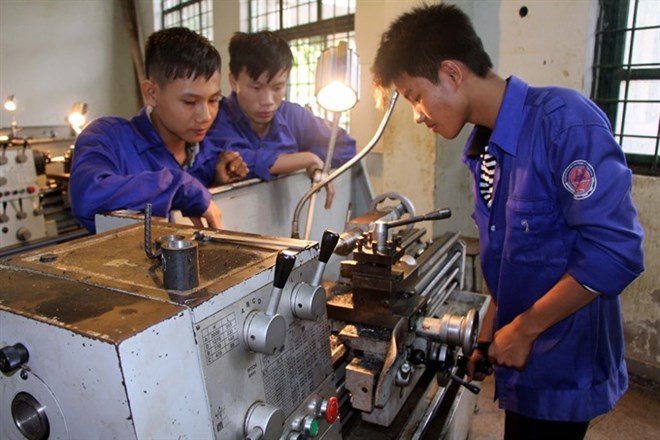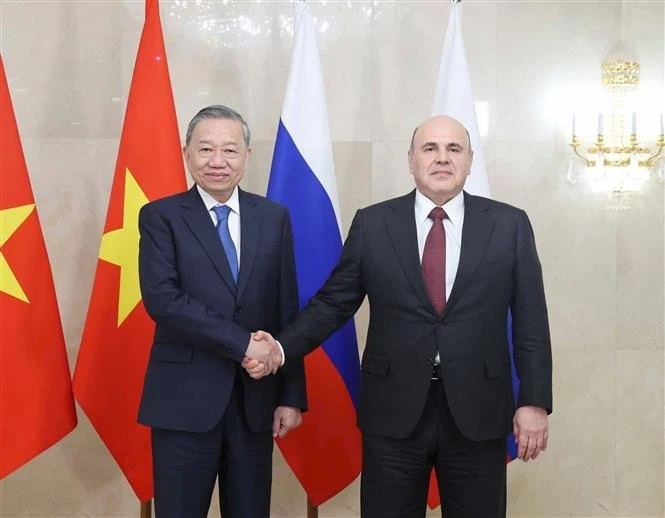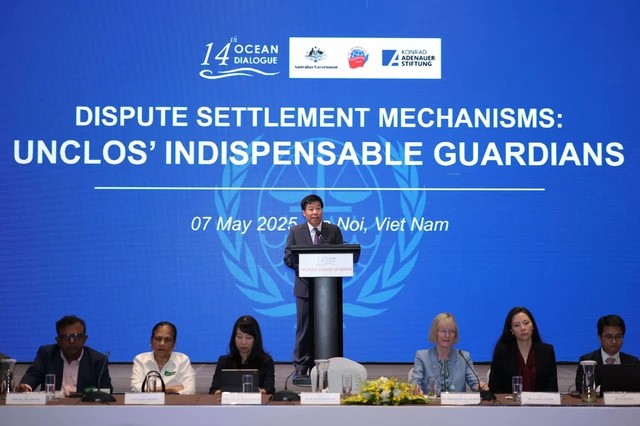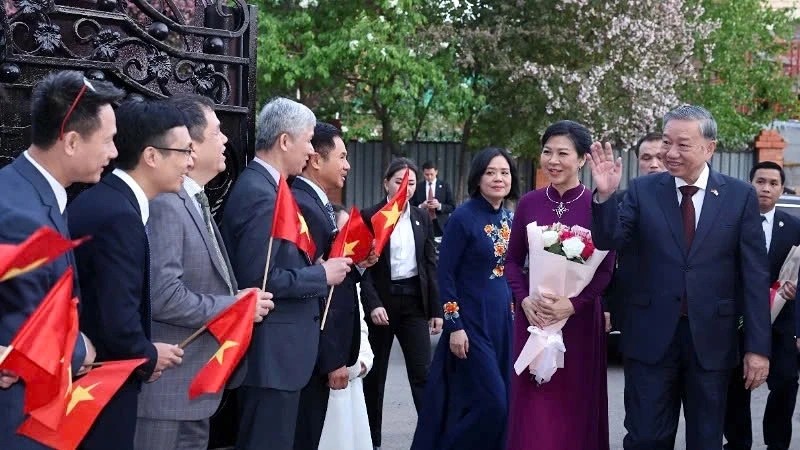Academics divided on tuition-free pedagogy education
A pedagogy university in Ho Chi Minh City is struggling financially after implementing a tuition-free policy issued twenty years ago.

Students practice on lathes at the Vinh Pedagogical Technology University, located in Vinh City, Nghe An province
Offering 13 pedagogical majors, the HCM City University of Technology and Education has been waiving tuition for all pedagogy students in the last decade in accordance with the Government policy.
But with a majority of the students not pursuing a teaching career after graduation, the waiver seems to be a huge waste, Dr Do Van Dung, the school’s principal, said at a conference on the impacts of the tuition-free policy on enrollment quality and teacher training.
Participants at the conference held in HCM City last week debated whether the policy should continue.
The tuition-free policy was issued by the Government in 1998 as an incentive to recruit teachers. In lieu, the Government paid the pedagogical university a sum of money every year.
Dung said that while his school receives 5-8 billion VND (220,000-352,000 USD) from the State per year, the school spends up to 30 billion VDN (1.3 million USD) per year to pay its lecturers and improve facilities.
“We have to spend that much in order to ensure good teaching quality and provide students with good educational environment, and it is unfair to take money from other students to cover for the amount that pedagogical students don’t pay,” he said.
With ninety percent of the school’s pedagogical graduates with distinction going to work for enterprises instead of pursuing a teaching career, the well-meaning tuition-free policy has somewhat gone to waste, Dung added.
He proposed the policy be stopped and the pedagogy students asked to pay for their degrees. Scholarships will be provided for extremely poor students, he said.
Vietnam currently has about 26,700 unemployed teachers. The number is estimated to reach up to 70,000 by 2020, according to the Ministry of Education (MoET).
Huynh Cat Dung, a lecturer at the University of Physical Education and Sports, said that the policy should be adjusted. “Waiving tuition fee for students decreases their motivation for studying, as well as their interest and belief in their majors,” he said.
A survey done at a pedagogical college in the southwestern region showed that 36 percent of its freshmen chose the pedagogical majors because they were free, Dung added. “If that continues, it would be very hard to find a teacher who loves his or her job,” he said.
Similar results emerged from a small-scale random survey of 95 pedagogical students at Can Tho University, according to Dr Tran Luong, a lecturer. About 50 percent of the participants said they chose the field because of the tuition-free policy. Fifty-six percent of them said they would quit if they had to pay, while 22 percent were indecisive.
Huynh Tran Hoai Duc, lecturer at the Tay Ninh College of Education, said that there are advantages to keeping the policy, adding that 80 percent of the school’s students said that the policy is necessary.
“Waiving tuition fee will increase competition between schools,” he said. “Students will also be grateful for it, and aware of their responsibilities when they graduate.”
Teacher training quality at universities and the current unemployment situation of pedagogical graduates are the more serious issues that should be focused on, he added.
Ha Nguyen, a teacher at a public elementary school in Dong Da district, said that the tuition-free policy was a “selling point” that helped pedagogical universities attract students, especially from disadvantaged sections of the society.
It shouldn’t be stopped, but adjusted so that universities can earn more to improve their training quality, she said.
Pedagogical universities should only recruit enough students in accordance with society’s demand so that they will get jobs after graduation, she added./.
VNF/VNA
Recommended
 National
National
Vietnam News Today (May 13): Vietnam Maintains High Human Development Index Despite Global Slowdown
 National
National
Vietnam News Today (May 12): Party General Secretary Meets With Russian Experts, Intellectuals
 National
National
Vietnam News Today (May 11): Vietnam, Austria to Boost Cooperation in High-Tech Development, Innovation
 National
National
Vietnam News Today (May 10): Vietnamese Peacekeepers Honored with UN Medal in South Sudan
 National
National
Vietnam News Today (May 9): Vietnam Ready to Work With Russia to Elevate Relations
 National
National
Vietnam News Today (May 8): Vietnam Remains Committed to UNCLOS
 National
National
Vietnam News Today (May 7): Vietnam Hosts Over 7.67 Million International Visitors in First 4 Months
 National
National
